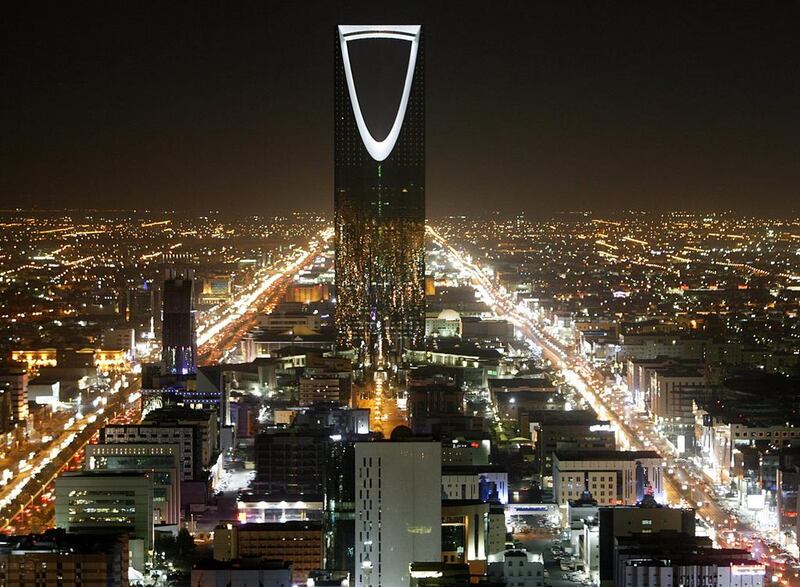Saudi Arabia’s real GDP growth will accelerate substantially in 2018 and beyond, due to rising oil production and prices and recovering business confidence, according to a new report from BMI Research.
GDP growth is forecast to reach 1.9 per cent in 2018 and 3.4 per cent in 2019, the report said.
BMI upwardly revised its previous forecasts of 1.6 per cent and 2.1 per cent respectively, based on a ramp-up in oil production over the quarters ahead following the Opec meeting in June at which member states agreed to ease output restrictions.
After a difficult 2017 in which Saudi Arabia’s economy contracted by 0.7 per cent year-on-year, the economy began to recover in the first quarter of 2018, growing by 1.2 per cent year-on-year compared with a 1.2 per cent fall in the fourth quarter of 2017.
Growth is expected to accelerate as Saudi crude oil production expands by an estimated 0.7 per cent in 2018 and 4.5 per cent in 2019, revised upwards from 0.3 per cent and 1.4 per cent previously, according to BMI.
_______________
Read more:
Saudi GDP growth to recover on higher oil price, says IIF
Saudi Arabia’s consumer sector is improving, says BMI
IMF expects GCC economic growth to pick up
_______________
The continued uptrend in oil prices - which reached $75-$80 per barrel last month - will offer further fiscal breathing room to the government, while a more expansionary fiscal stance will support consumer spending, enabling business sentiment to improve gradually in the second half of 2018, it said.
“Given that oil proceeds accounted for 63 per cent of total government revenues in 2017, [the oil price uptick] will offer significant tailwinds to public finances,” the report said.
“Greater fiscal space will in turn enable the government to increase its support to the economy, as already seen with the implementation of numerous stimulus measures since the start of the year, including cash transfers to vulnerable households, special bonuses for civil servants and a stimulus package for the private sector including subsidised loans and financial support for distressed companies.”
As a result, private and government consumption is expected to continue to expand at a robust pace, following strong growth of 1.6 per cent and 2 per cent year-on-year, in the first quarter of 2017, said the report. It added that Saudi consumers have so far weathered the introduction of a 5 per cent VAT in January. Consumer and credit loans picked up to 0.7 per cent in the first quarter from 0.4 per cent in the preceding quarter, following several consecutive quarters of contraction.
While the forecast growth represents a significant uptick compared with the 0.7 per cent contraction in 2017, “we caution that growth will remain well below the 5.3 per cent annual average seen between 2010 and 2014, before the slump in oil prices”, BMI added.






